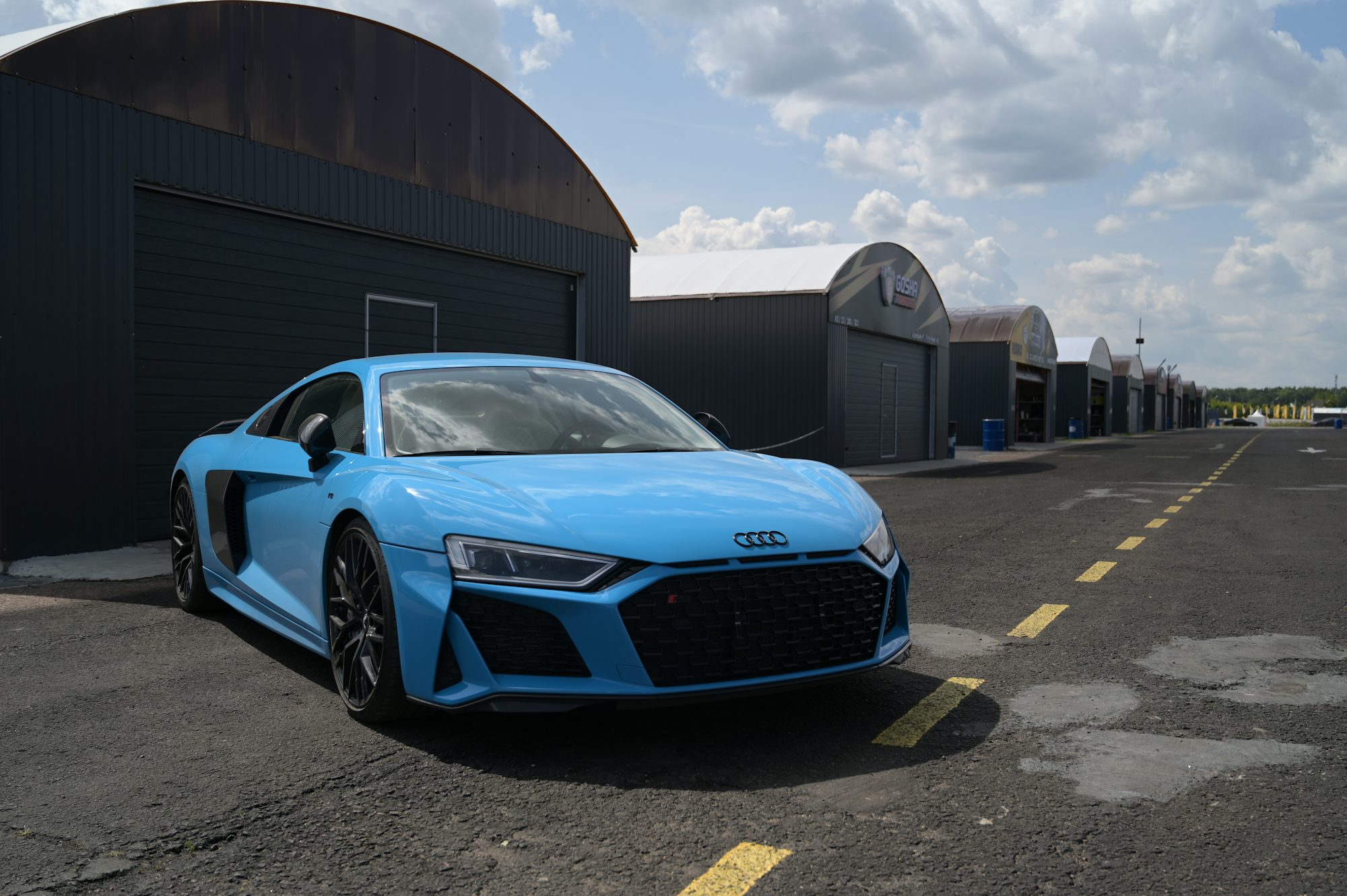Innovations in the Automobile Industry: Shaping the Future of Mobility
An exploration of the latest trends and innovations in the automobile industry, highlighting advancements in technology, sustainability, and consumer preferences.One of the most significant shifts in the automotive landscape is the growing popularity of electric vehicles (EVs). As concerns over climate change intensify, consumers are seeking greener alternatives to traditional gasoline-powered cars. Automakers are responding by investing heavily in EV technology, developing models that boast longer ranges, faster charging times, and more efficient battery systems. This transition is not just a trend; it's a pivotal move towards reducing greenhouse gas emissions and promoting sustainable transportation.
The rise of EVs has also spurred the development of extensive charging infrastructure. Governments and private companies are collaborating to install charging stations in urban areas, along highways, and in rural regions. This accessibility encourages more consumers to consider switching to electric vehicles, alleviating range anxiety and making EV ownership more feasible. Moreover, advancements in battery technology continue to enhance the performance and lifespan of electric vehicles, making them a compelling choice for a broader audience.
In addition to electrification, the concept of autonomous vehicles is redefining how we perceive mobility. Autonomous driving technology has made significant strides in recent years, with many automakers incorporating semi-autonomous features into their new models. These features include adaptive cruise control, lane-keeping assistance, and automated parking systems, all designed to enhance safety and convenience for drivers.
The potential for fully autonomous vehicles, capable of navigating without human intervention, presents exciting possibilities for the future. Companies are investing in artificial intelligence and machine learning to develop sophisticated systems that can process vast amounts of data in real-time, allowing vehicles to make informed decisions on the road. While fully autonomous vehicles are still in the testing phase, their eventual integration into everyday life could revolutionize transportation, reducing traffic accidents and easing congestion in urban areas.
Another critical aspect of innovation in the automobile industry is the integration of smart technology. Modern vehicles are becoming increasingly connected, offering features that enhance the driving experience and improve safety. Infotainment systems, smartphone connectivity, and advanced navigation tools are now standard in many new models. These technologies allow drivers to access information and entertainment seamlessly while on the road.
Moreover, vehicle-to-everything (V2X) communication is gaining traction, enabling vehicles to communicate with each other and with infrastructure elements, such as traffic signals and road signs. This interconnectedness can lead to more efficient traffic management, reduced congestion, and enhanced road safety. As automakers continue to embrace smart technology, the future of driving promises to be more convenient and interconnected than ever.
Sustainability remains a top priority for the automobile industry as well. Beyond electric vehicles, manufacturers are exploring alternative fuels and eco-friendly materials to reduce their environmental footprint. Hydrogen fuel cells, for instance, are being researched as a clean energy source for vehicles. While still in the early stages of adoption, hydrogen-powered cars offer the potential for zero-emission transportation, providing another avenue for reducing reliance on fossil fuels.
In terms of materials, automakers are increasingly turning to sustainable practices in production. This includes using recycled materials and exploring bio-based composites that minimize environmental impact. By adopting circular economy principles, the industry aims to reduce waste and enhance the sustainability of vehicle manufacturing.
The shift toward sustainability is not just about technology; it's also influenced by changing consumer preferences. Today’s consumers are more informed and concerned about the environmental impact of their choices. As a result, automakers are adapting their marketing strategies to emphasize the ecological benefits of their vehicles. This focus on sustainability resonates with consumers, driving demand for eco-friendly models across all segments, from compact cars to SUVs.
As the automobile industry evolves, so do the challenges it faces. The transition to electric and autonomous vehicles requires significant investment and infrastructure development. Automakers must navigate regulatory frameworks and address concerns regarding safety and data privacy associated with connected vehicles. Collaboration between governments, manufacturers, and tech companies is essential to creating a cohesive approach to these challenges and ensuring a smooth transition to the future of mobility.
Looking ahead, the future of the automobile industry is poised for exciting developments. Innovations in technology, a commitment to sustainability, and evolving consumer preferences are driving the industry toward a more efficient and eco-friendly landscape. As electric and autonomous vehicles become more mainstream, the potential for enhanced mobility solutions and reduced environmental impact is vast.
In conclusion, the automobile industry stands at the forefront of innovation, embracing advancements that shape the way we move and interact with our world. With a focus on electric vehicles, autonomous driving, and smart technology, manufacturers are not only meeting the demands of today’s consumers but also paving the way for a sustainable and connected future. As we look to the horizon, the potential for progress in the automobile industry is limitless, promising a new era of mobility that prioritizes efficiency, safety, and environmental stewardship.
